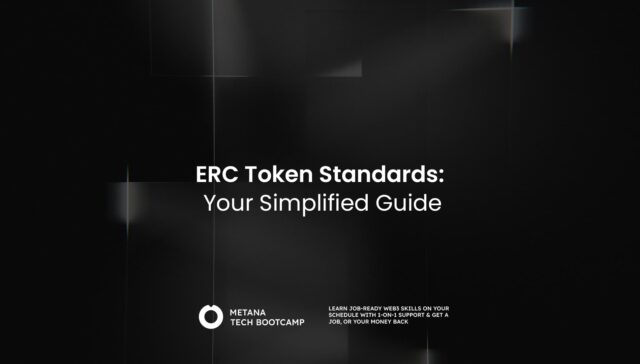Ethereum has become the backbone of the Decentralized Finance (DeFi) revolution, and with the introduction of Uniswap V4, it’s taking decentralized exchanges (DEXs) to the next level. Ethereum’s decentralized network allows users to transact, invest, and build applications without relying on traditional intermediaries like banks. Uniswap V4, as a key part of this ecosystem, plays a vital role in transforming how we trade and manage assets in the DeFi space.
What Makes Ethereum Unique?
Ethereum operates on a decentralized blockchain, meaning that no single entity controls it. Instead, the network relies on participants who validate transactions, ensuring security and censorship resistance. Ethereum’s native cryptocurrency, ETH, powers the network by paying for transaction fees (gas) required to execute smart contracts. These contracts automate everything from token swaps to complex financial agreements, without intermediaries.

A Growing Ecosystem
Beyond finance, Ethereum is driving innovation in areas like healthcare, crisis management, and the creator economy. With over 96 million Ethereum accounts and 53.3 million smart contracts, its ecosystem is vast and rapidly expanding. As of 2021, over $410 billion worth of tokens were locked in Ethereum-based projects, highlighting its global importance.
Ethereum’s Shift to Proof of Stake
Ethereum recently transitioned from Proof of Work (PoW) to Proof of Stake (PoS), reducing its energy consumption and increasing its scalability. This shift makes Ethereum more sustainable and aligned with environmental goals, while ensuring a more secure platform for building decentralized applications (DApps).
Watch the video below to dive deeper into Ethereum’s role in DeFi and the latest updates on Uniswap V4:
Ethereum in DeFi: The Future of Finance
Ethereum’s blockchain is the foundation of DeFi, a financial ecosystem that allows users to borrow, lend, trade, and earn interest—all without traditional banks. One key player in DeFi is Uniswap, a decentralized exchange (DEX) that enables users to swap tokens directly from their wallets. With the launch of Uniswap V4, DeFi has become even more efficient and accessible.
Through DeFi protocols like MakerDAO and Compound, Ethereum is enabling financial services that are transparent, secure, and more accessible than ever before. It’s revolutionizing how we interact with money—removing intermediaries and providing greater control to individuals.
Ethereum’s role in DeFi is only growing. With over 4,000 projects being built on its network, it’s clear that Ethereum is at the forefront of a financial revolution. The ability to create decentralized applications and financial services on Ethereum offers endless opportunities for innovation and growth.
Conclusion: Uniswap V4
Ethereum isn’t just a cryptocurrency; it’s a platform that’s reshaping the future of finance. By enabling decentralized applications and financial systems, Ethereum is empowering individuals and businesses to take control of their financial futures—without the need for traditional intermediaries. With Uniswap V4 leading the way in decentralized exchange technology, the future of finance is decentralized, and Ethereum and Uniswap V4 are at the forefront of this transformation.







